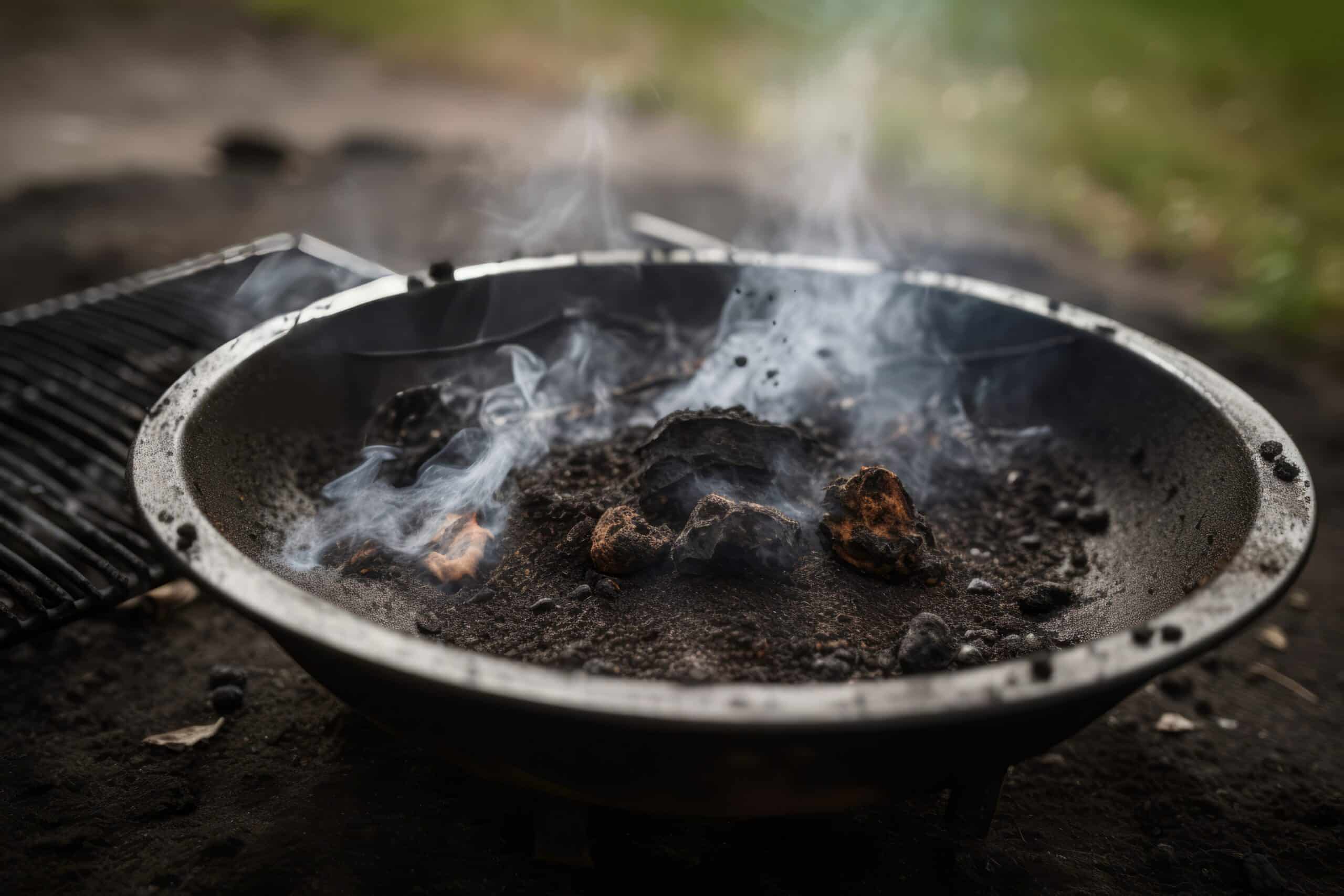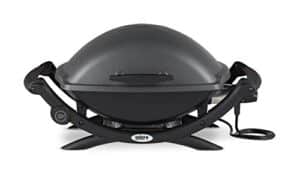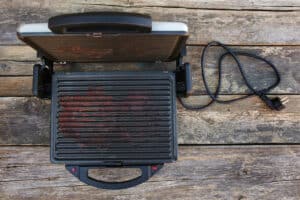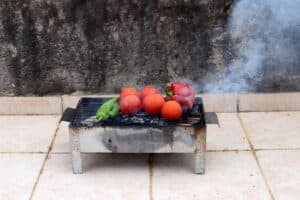How Do You Season A Charcoal Grill?
Key Takeaways
- Seasoning a charcoal grill is essential for optimal performance and longevity.
- There are three main methods for seasoning a charcoal grill: cleaning and oil application, rinse, oil, and heat, and thorough cleaning and multiple seasoning.
- Some important tips for seasoning a charcoal grill include choosing a high smoke point oil, regularly cleaning the grill, re-seasoning at the start of the grilling season or when food sticks, and storing the grill in a dry, sheltered spot to prevent rusting.
Seasoning a charcoal grill is an essential step to ensure optimal performance and longevity. By following the right process, you can remove any manufacturing oils, burn off impurities, and create a non-stick coating on the grill grates. In this article, we will explore various methods and tips for seasoning a charcoal grill, providing you with all the information you need to get started.
Method 1: Cleaning and Oil Application
The first method we’ll discuss involves cleaning the grill grates and applying cooking oil. Here are the steps to follow:
- Clean the grates by brushing them with a wire brush to remove any burnt meat and debris.
- Soak the grates in warm, soapy water for 15 minutes if there is significant build-up.
- Wipe the grates with a sponge or cloth and rinse them thoroughly.
- Apply an even coating of cooking oil, such as canola, rapeseed, peanut, or vegetable oil, to both sides of the grate.
- Wipe off any excess oil.
- Preheat the grill for 15 minutes.
- Put the grates back on the grill and let them bake for about two hours with the top on.
- Allow the grates to cool.
- Fire up the grill and start cooking.
- Repeat the seasoning process every few months to maintain the grill’s non-stick coating and prevent rusting.
Following this method will ensure that your grill is properly seasoned and ready for cooking delicious meals.
Method 2: Rinse, Oil, and Heat
Another effective method for seasoning a charcoal grill involves rinsing the grates, applying a high heat-resistant oil, and heating the grill. Here are the steps to follow:
- Rinse and air dry the grill grates.
- Wipe the grates with a high heat-resistant oil, such as vegetable oil, peanut oil, or canola oil.
- Lightly brush or wipe the oil on the inside of the lid and the pit.
- Light your charcoal and let the grill burn on high heat for 30-40 minutes.
- Turn off the heat and let the grill cool.
By following this method, you can create a durable seasoning on your charcoal grill, ensuring optimal cooking results.
Method 3: Thorough Cleaning and Multiple Seasoning
If you have a new charcoal grill or want to establish a strong, durable seasoning, this method is worth considering. Here are the steps:
- Clean the grill thoroughly, removing any old grease, food particles, or rust.
- Apply a thin layer of oil, such as canola oil or vegetable oil, to the grates and other parts of the grill.
- Heat the grill to a high temperature for about 30 minutes to an hour, allowing the oil to bake onto the grates.
- Let the grill cool completely.
- Repeat the seasoning process multiple times to create a strong, durable seasoning.
By following this method, you can ensure that your charcoal grill is well-seasoned and ready for cooking delicious meals for a long time to come.
Tips for Seasoning a Charcoal Grill
Here are some additional tips to keep in mind when seasoning your charcoal grill:
- Choose a high smoke point oil, such as canola oil, vegetable oil, or peanut oil, for best results.
- Regularly clean the grill after each use, avoiding soap or harsh cleaners that can strip away the seasoning.
- Re-season the grill at the start of the grilling season or when food starts sticking to the grates more than usual.
- Store your grill in a dry, sheltered spot to prevent rusting.
By following these tips, you can ensure that your charcoal grill remains in excellent condition and delivers fantastic grilling results every time.
Conclusion
Seasoning a charcoal grill is a crucial step to ensure optimal performance and longevity. Whether you choose to follow the cleaning and oil application method, the rinse, oil, and heat method, or the thorough cleaning and multiple seasoning method, the key is to use a high heat-resistant oil and create a non-stick coating on the grates. By following the recommended steps and tips, you can enjoy deliciously grilled meals for years to come.
Related Websites:
FAQs:
Q: Why is seasoning a charcoal grill important?
Seasoning a charcoal grill improves its performance and durability. It helps to distribute heat more evenly, enhances non-stick properties, and protects against rust and corrosion, ultimately prolonging the lifespan of the grill.
Q: What is the difference between seasoning and cleaning a charcoal grill?
Seasoning a charcoal grill involves applying oil or fat to the grill’s surfaces and heating it to create a protective layer. Cleaning, on the other hand, is the process of removing food residues and debris from the grill. While both are important, seasoning is specifically for improving performance and durability.
Q: How do I properly season a charcoal grill?
To season a charcoal grill, you need to follow these essential steps: 1) Prepare the grill in a safe location with proper ventilation. 2) Apply the right oil or fat to the grill surfaces using various methods. 3) Heat the grill by lighting the charcoal and controlling the temperature. Seasoning is typically done at a recommended time and temperature to ensure optimal results.
Q: What are the benefits of seasoning a charcoal grill?
Seasoning a charcoal grill provides several benefits, including improved heat distribution and retention, enhanced non-stick properties for easier cooking and cleaning, protection against rust and corrosion, and a prolonged lifespan for the grill.
Q: How often should I re-season my charcoal grill?
The frequency of re-seasoning a charcoal grill depends on usage and climate conditions. It is generally recommended to re-season when you notice a decrease in the grill’s performance, such as uneven heat distribution or sticking food. In high-usage or humid climates, more frequent re-seasoning may be necessary.






